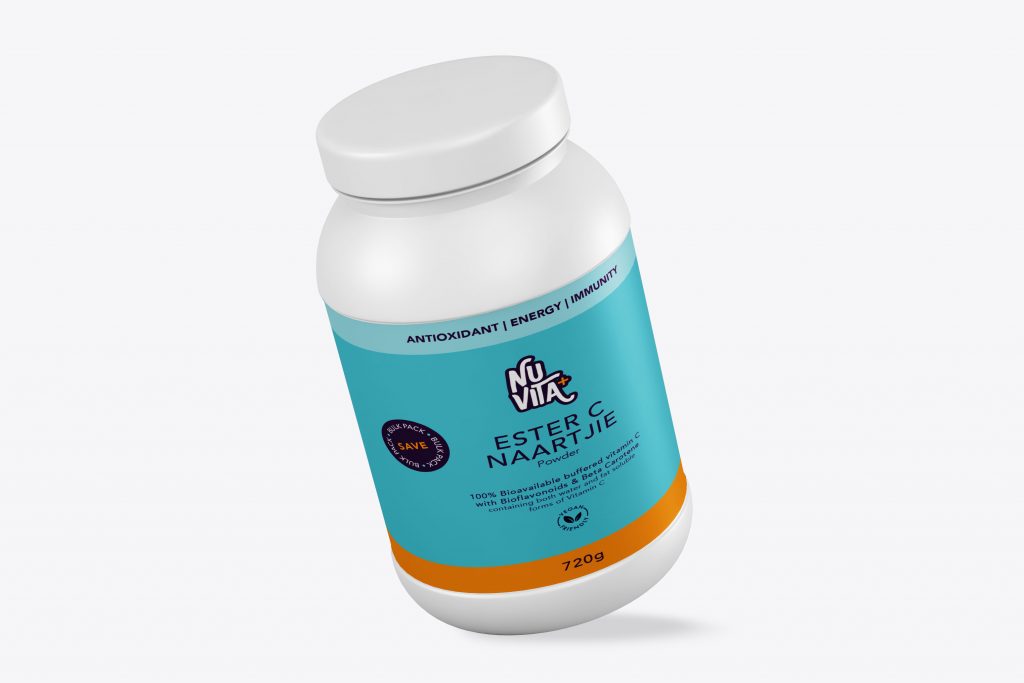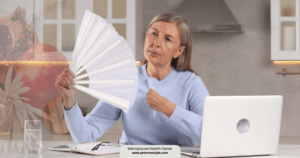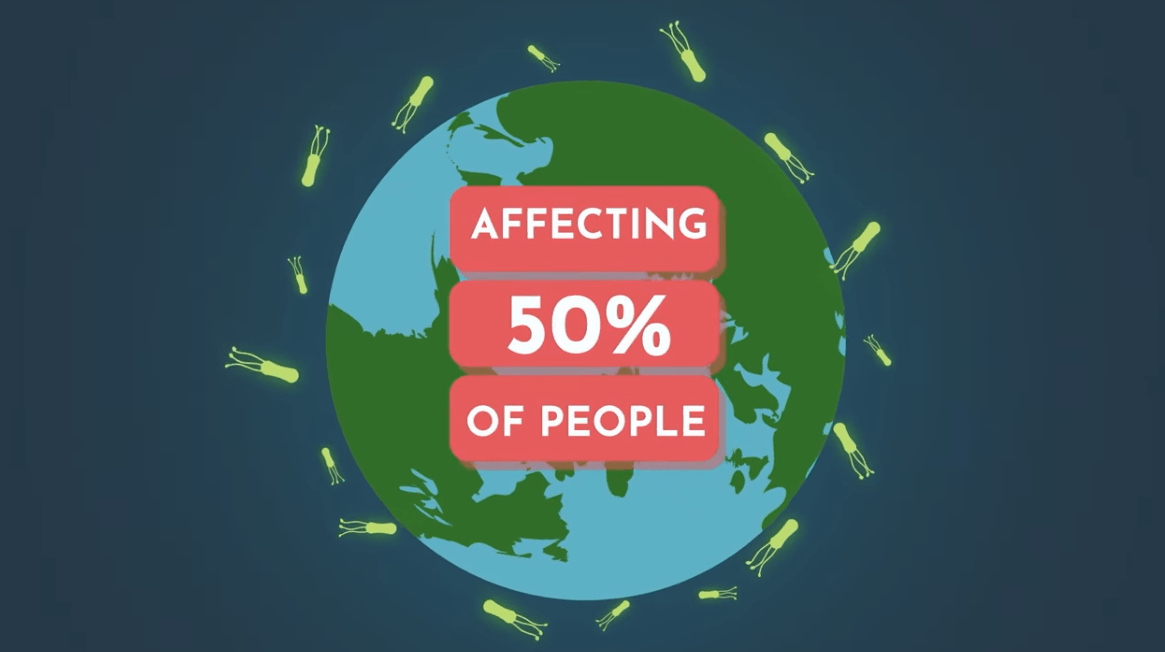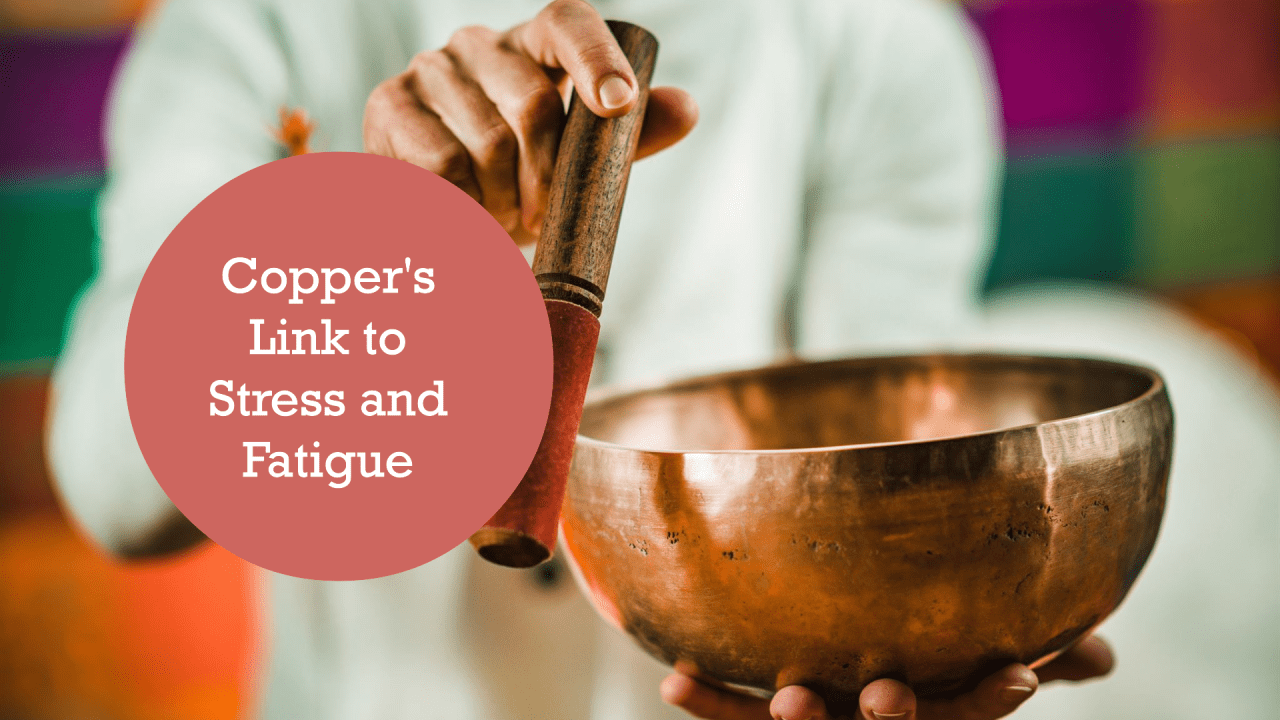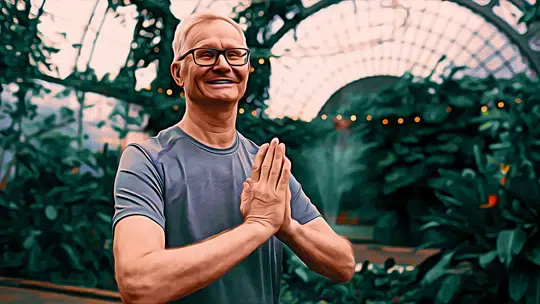With billions across the world under lockdown amid the coronavirus pandemic, one country stands almost alone. In Sweden, daily life has been continuing largely as normal as authorities have taken a radically different approach to tackling the virus.
Though gatherings of more than 50 were banned on Sunday, down from 500 previously, restaurants, bars and shops are still serving customers.
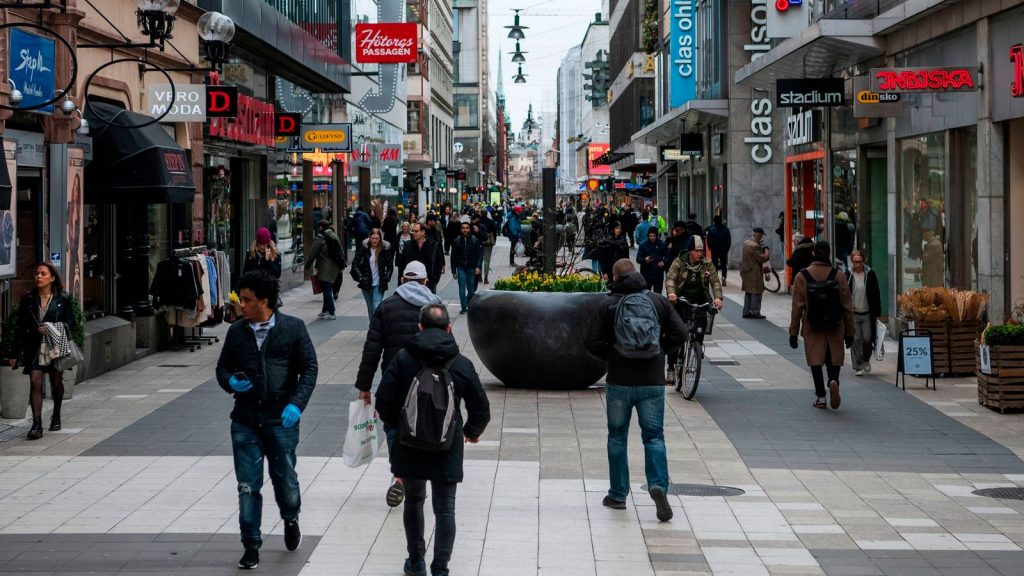
And while high schools and universities have closed their doors, the country is one of the few places in western Europe where primary schools remain open.
Sweden has recorded more than 4,400 coronavirus cases and 180 deaths. But the government has asked only those who are sick or in at-risk groups to stay home
Prime Minister Stefan Lofven has urged people to “take responsibility” by following health guidelines such as regular hand washing and to self-isolate if sick rather than enforce strict social distancing measures.
Their approach to fighting the pandemic starts from something more fundamental: in a liberal democracy you have to convince and not command people into action. If you lose that principle, you will lose your soul.
Stefan Löfven, Sweden’s centre-left premier, has dismissed calls for a lockdown, saying ‘we can’t legislate and ban everything’. He’s no evangelist for libertarian principles, and may yet bring in harder measures. But so far he’s been saying that ‘we all, as individuals, have to take responsibility’ and not just wait for the government to lock us up.
Polls have shown most Swedes support the government’s relaxed approach.
But there are signs of growing dissent amid fears Sweden could be exposing itself to extreme danger.
At the centre of the debate is Anders Tegnell, the ‘state epidemiologist’, and Johan Giesecke. Both advise caution — and common sense. Tegnell and his team could turn out to be wrong. Managing the virus is a long game, and while herd immunity is not the Swedish strategy, it may well be where we all end up. The theory of lockdown, after all, is pretty niche, deeply illiberal — and, until now, untested. It’s not Sweden that’s conducting a mass experiment. It’s everyone else.
The main advice from Tegnell et al is repeated like a mantra ten times a day: be sensible. Stay at home if you feel sick and wash your hands. But individuals, companies, schools and others are trusted to figure out on their own what precautions to take.
This Swedish exceptionalism is about principle, not epidemiology. It’s true that they perhaps less at risk due to our high rate of single-person households and low number of smokers.
Last week, a group of senior Swedish healthcare officials sent a letter to the government calling for stronger measures.
When looking at the strategy of Sweden to the rest of the world, one considers what they know to what we know and why the world is panicking while they conducting life as normal.
While they sit with higher numbers of infection compared to South Africa, their strategy to put the responsibility in the hands of the people to discern to remain isolated when not well is a concern given the incubation period can last up to 8 days before symptoms show up. In this period how many others would be infected would be determined by their social contact.


